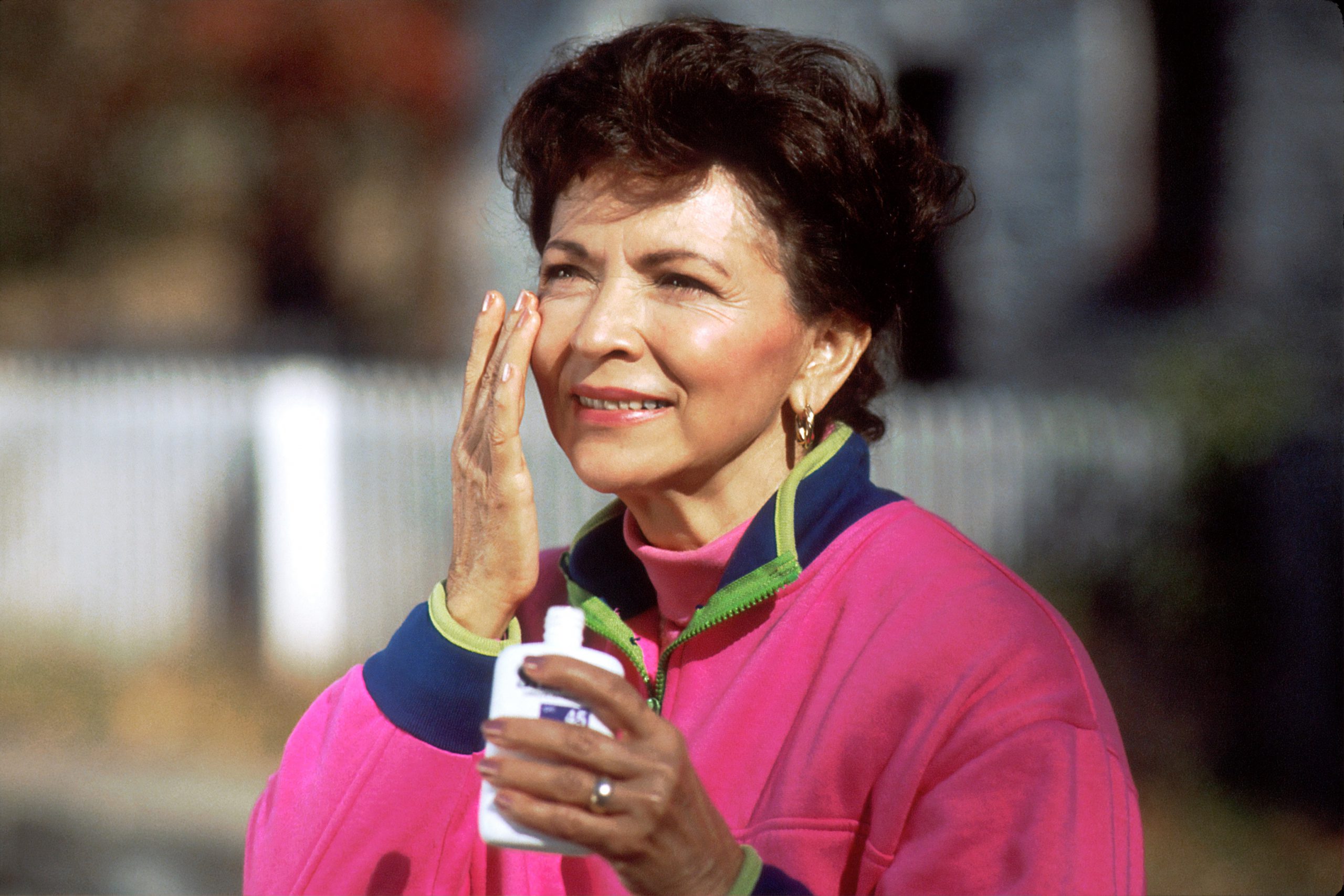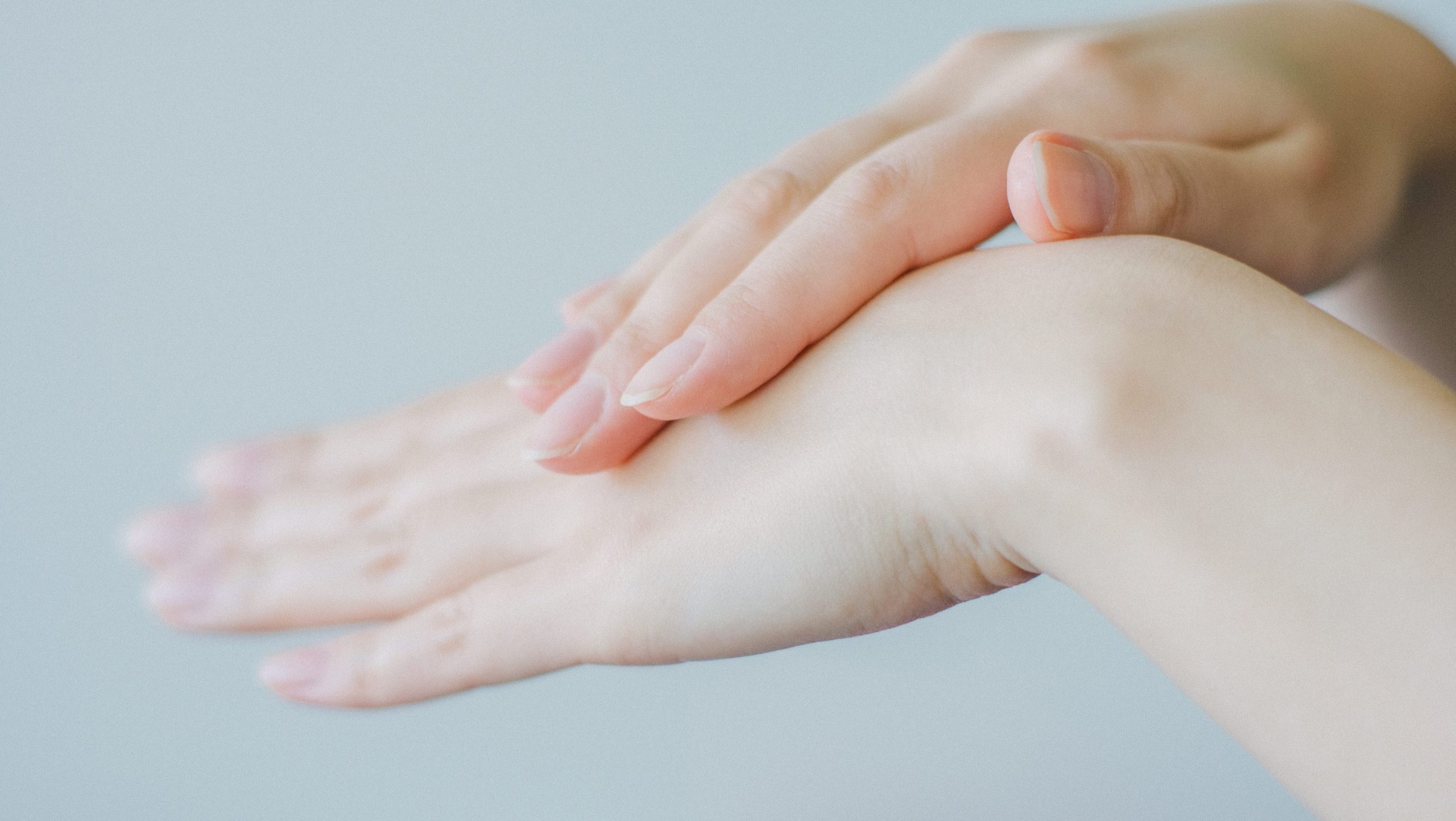
Nội dung bài viết / Table of Contents
Dermatologists and scientists from across the globe recommend everyone to wear sunscreen every day due to the well-studied dangers of prolonged sun exposure. Yet, misinformation about sunscreen is prevalent, which results in many people remaining unaware of sunscreen’s protection ability. People are suffering from skin cancer and other problems caused by excessive exposure to sunlight. Applying sunscreen daily could prevent most of those cases.

Credit: National Cancer Institute (Unsplash)
For those who are still wondering if sunscreen is friend or foe to our skin, this article would enlighten you by highlighting key benefits of applying sunscreen everyday.
According to the World Health Organization (WHO), one in every three cancers diagnosed in the world is skin cancer. UV radiation is a proven cause of basal cell carcinoma, squamous cell carcinoma, and melanoma —the most dangerous type of skin cancer. Skin cancer can be deadly, and the treatments are often painful and aesthetically disfiguring. Luckily, most cases of skin cancer are preventable with daily protective measures, such as daily application of SPF 15 or above sunscreen for everyone over six months old. Even when it is not sunny outside, applying sunscreen is a must due to UV radiation’s ability to penetrate through clouds.
Repeated sun exposure without proper protection accelerates the formation skin problems: visible signs of aging on our skin, such as wrinkles, sagging, and age spots. Applying sunscreen every day can prevent premature signs of aging by vastly reducing the accumulation of damage, which would otherwise continue to degrade collagen and elastin in our deeper skin layers —causing our skin to lose firmness and elasticity.

Credit: Tokyo Kohaku on Unsplash
It is common knowledge that sun exposure causes our skin to tan, hence why millions of people lay on the beach every year to achieve that look. However, many do not know that UVA from the sun is also the main culprit for skin problems. Hyperpigmentation, such as sunspots and Post-Inflammatory Hyperpigmentation (PIH), or more commonly known as dark acne marks, are both aggravated by the sun.
Even though hyperpigmentation is generally harmless and usually isn’t a sign of a serious medical condition, it can be a source of inadequate confidence and low self-esteem surrounding one’s complexion. To get rid of hyperpigmentation, people are prone to spend lots of money on expensive products and beauty clinic appointments. But truly, all of those efforts will bear little to no effect without daily sunscreen application to prevent further damage from occurring.
Those who have experienced it would agree that sunburns are unpleasant. Not only does it make our skin appear red and sensitive, it often causes discomfort and peeling. Even after it heals, our risk of developing potentially deadly melanoma doubles after experiencing sunburn five times in our lifetime. It is very important to prevent sunburn before it happens, with the daily sunscreen application alongside other preventive methods, such as wearing protective clothing (long sleeves, wide-brimmed hat) and staying in the shade as much as possible from 10 AM to 4 PM.
As proven by science, the dangers of prolonged sun exposure are detrimental to our physical health and appearance. Applying sunscreen daily as a preventive measure is very important for our long-term well being. Everyone aged six months and older should practice the healthy habit of daily sun protection.
Benjamin, J., Lawler, M., Peirce, A., By, Migala, J., & Zoldan, R. J. (n.d.). 5 Doctor-Approved Ways to get Rid of Hyperpigmentation for Good: Everyday Health. EverydayHealth.com. https://www.everydayhealth.com/beauty-pictures/tricks-to-treat-hyperpigmentation.aspx.
Bringing up a Sun Safe Baby. The Skin Cancer Foundation. (2020, June 16). https://www.skincancer.org/blog/bringing-up-a-sun-safe-baby/.
Skin Cancer Information. The Skin Cancer Foundation. (2021, April 27). https://www.skincancer.org/skin-cancer-information/.
Sun Protection. The Skin Cancer Foundation. (2020, June 19). https://www.skincancer.org/skin-cancer-prevention/sun-protection/.
Sunburn. The Skin Cancer Foundation. (2021, May 27). https://www.skincancer.org/risk-factors/sunburn/.
UV Radiation. The Skin Cancer Foundation. (2021, May 27). https://www.skincancer.org/risk-factors/uv-radiation/.
What are the effects of sun exposure on the skin?: Paula’s Choice. eu.com. (n.d.). https://www.paulaschoice-eu.com/sun-damage-explained.
World Health Organization. (n.d.). Radiation: Ultraviolet (UV) radiation and skin cancer. World Health Organization. https://www.who.int/news-room/q-a-detail/radiation-ultraviolet-(uv)-radiation-and-skin-cancer.